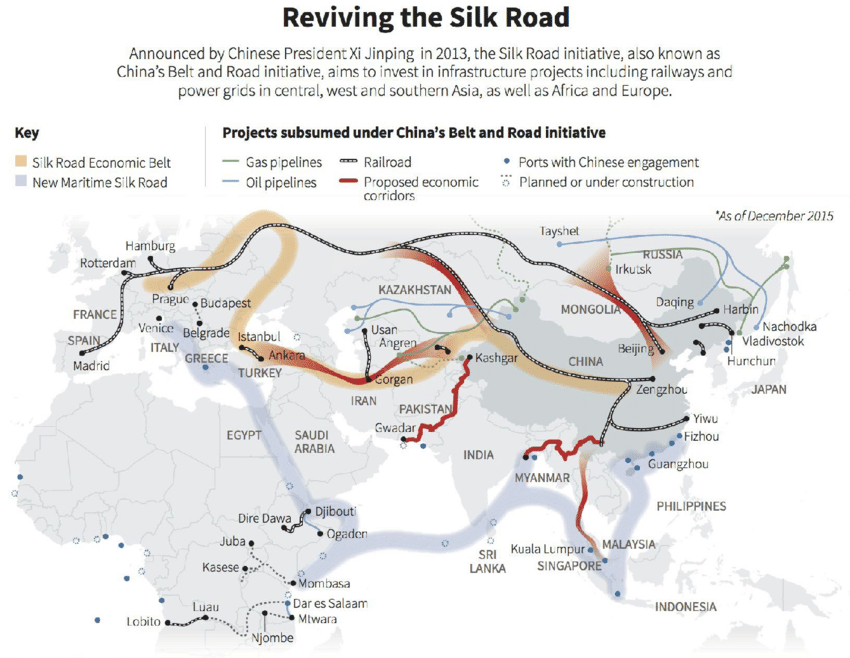900 319 0030
enquiry@shankarias.in
Why in news?
Italy is negotiating a preliminary deal to become a part of China's Belt and Road Initiative (BRI).
What is the rationale?
What is China's BRI plan?

What is the implication of Italy's move?
What lies ahead?
Source: The Hindu